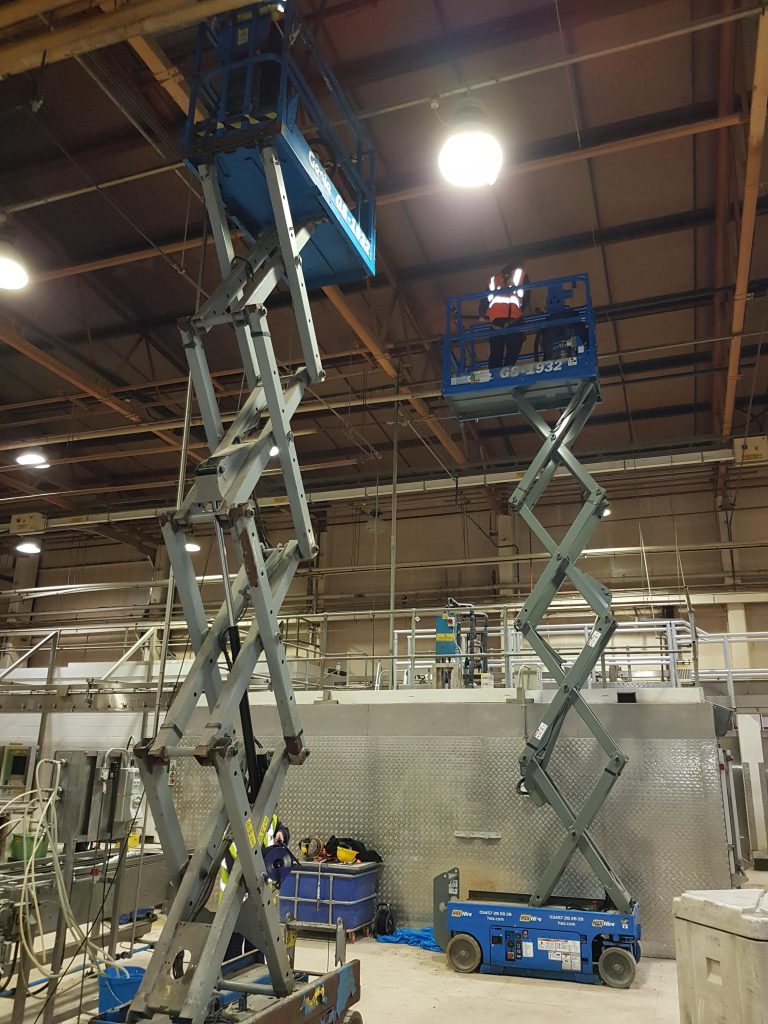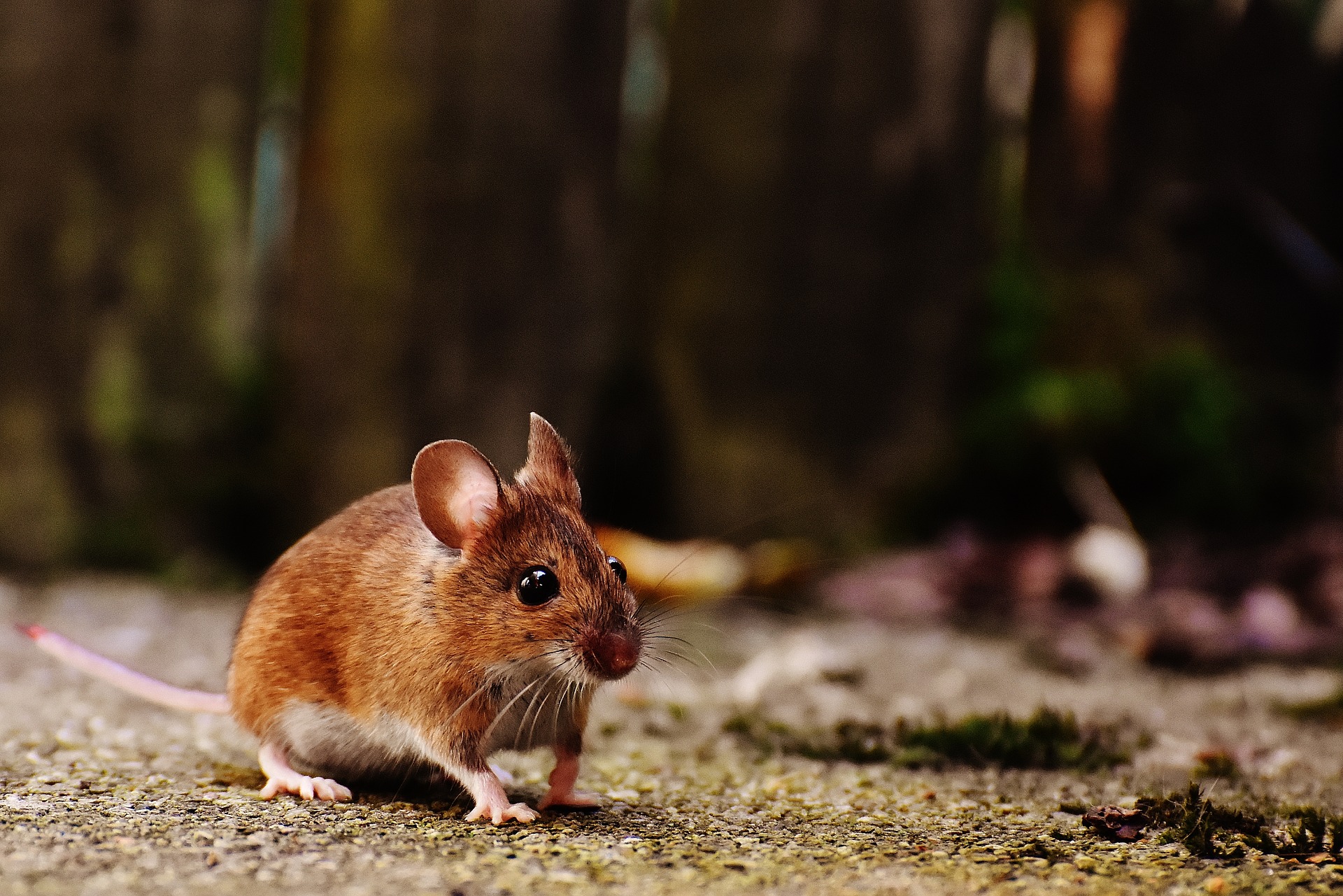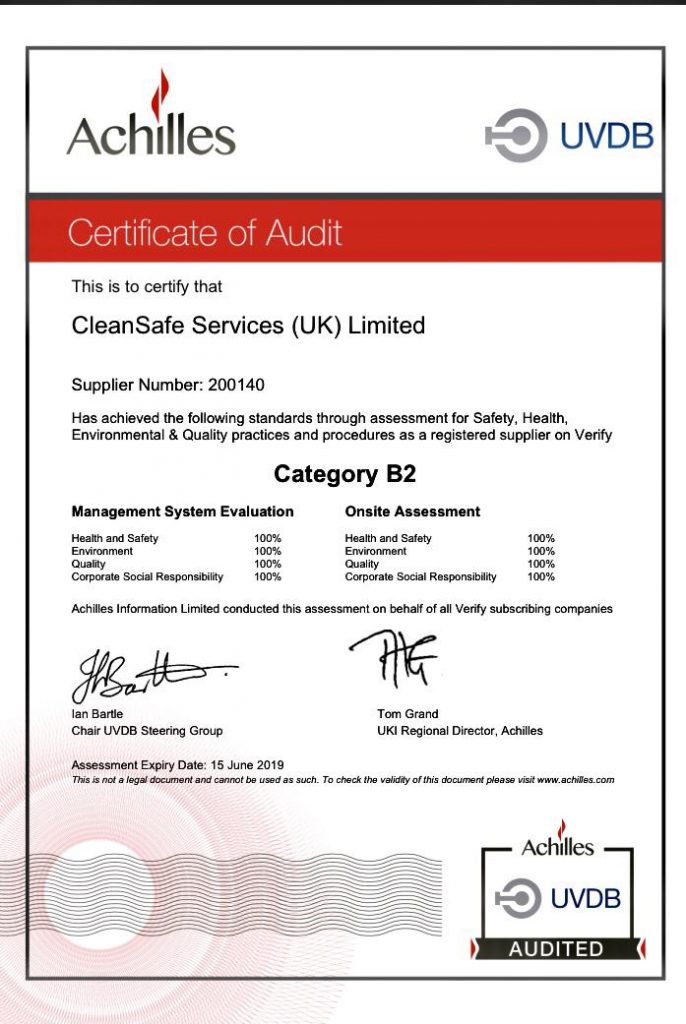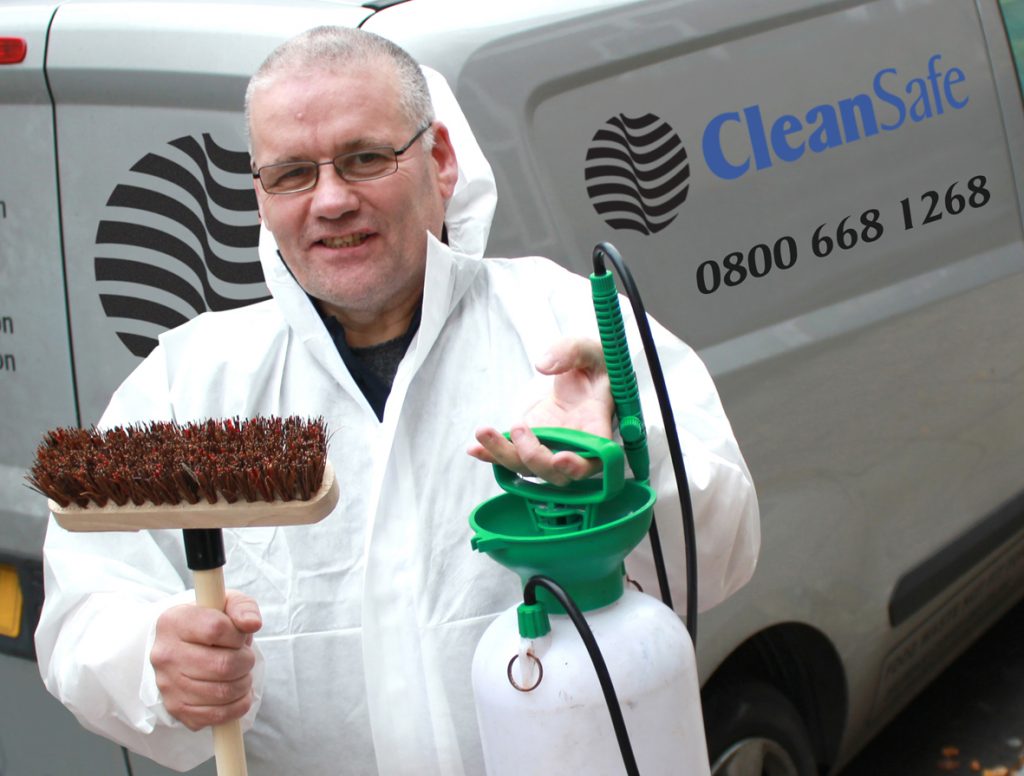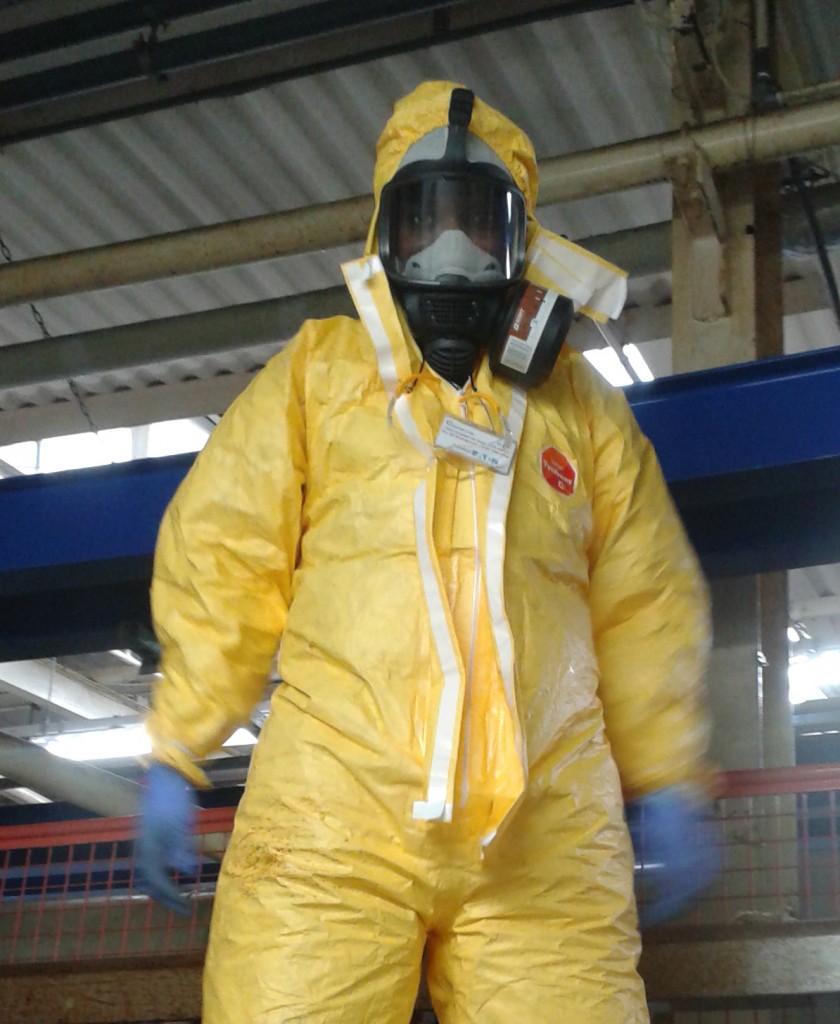- Warmer weather increases the spread of insect pest infestations in commercial premises
- Fleas, ticks and bed bugs are on the increase
- The insect pests are spread on shoes, clothing and luggage between premises.
Fleas and bed bugs can take hold and cause problems that require professional pest control to eradicate. Ticks are rarer, but their bites can spread Lyme disease, with a number of high profile cases in the media.
Reputable pest control firms provide a discreet service for landlords, hospitality, and facilities managers to guard against flea, tick, and bedbug infestations – so customers are unaware there is an insect pest problem.
From no fleas to an infestation in days
Fleas spread by jumping on to a potential host and feeding on the host’s blood, most commonly a cat or dog. In less than 48 hours after feeding, the flea begins laying eggs that fall off the host and into the immediate environment, so an entire house can be infested within days.
There are many different species of flea in the UK, including cat fleas, dog fleas and bird fleas. It takes expert help to identify which species you are dealing with.
Getting rid of fleas
Gulliver Hill, PestSafe Services Director, said: “We frequently work with professional landlords to eradicate fleas from properties.
v“Vacuuming will only remove a small number of eggs and flea larvae. They hide deep in between floorboards and rugs, and in the fibres of carpets.
“It may appear that vacuuming works to get rid of fleas, but if they are not properly treated, the fleas will be back again within a couple of weeks. It’s generally better to get rid of the infestation the first time with a professional pest control service.”
Tick problems are on the increase
Numbers of ticks are on the rise in the UK, although experts cannot agree on why. Ticks can transmit diseases to humans through their bites. They include Lyme Disease, a serious bacterial infection that, if left untreated, can cause heart disease. In rare cases, the disease can be fatal.
Ticks can jump onto humans or pets and be carried indoors. Keeping lawns short, raking up leaf litter, and creating a paved buffer zone between the garden and the main entrance are all good ways to keep ticks outside, where they belong.
Gulliver Hill said: “While ticks won’t cause an indoor infestation, they are increasing in numbers, and reports of people being bitten by ticks are also increasing. Managers of hotels and office buildings with gardens should minimise the risk by making sure that paths and entrances are kept free from long grass.”
Eradicate bed bugs before they hitch a ride
Bed bugs are notorious for ‘hitching a ride’ on clothing or luggage and can quickly infest a hotel room once they’ve arrived. Bed bugs are commonly found in hotels in the UK and require specialist treatment.
The rise in the use of Airbnb accommodation has also spread the problem to private homes, as landlords who rent out single rooms are also reporting bed bugs being brought in by guests.
Gulliver Hill said: “Bed bugs can be devastating for businesses such as hotels, ruining a company’s reputation and increasing operating costs. Affected premises must be treated by a professional pest control company, whether it’s a hotel room or an Airbnb bedroom.”
Don’t let insect pests gain a hold this summer
PestSafe Services operates 24/7 throughout London to eliminate insect pests and make sure the infestation is completely removed from commercial and domestic premises. Highly trained technicians have deep specialist knowledge of treating pets and years of experience.


